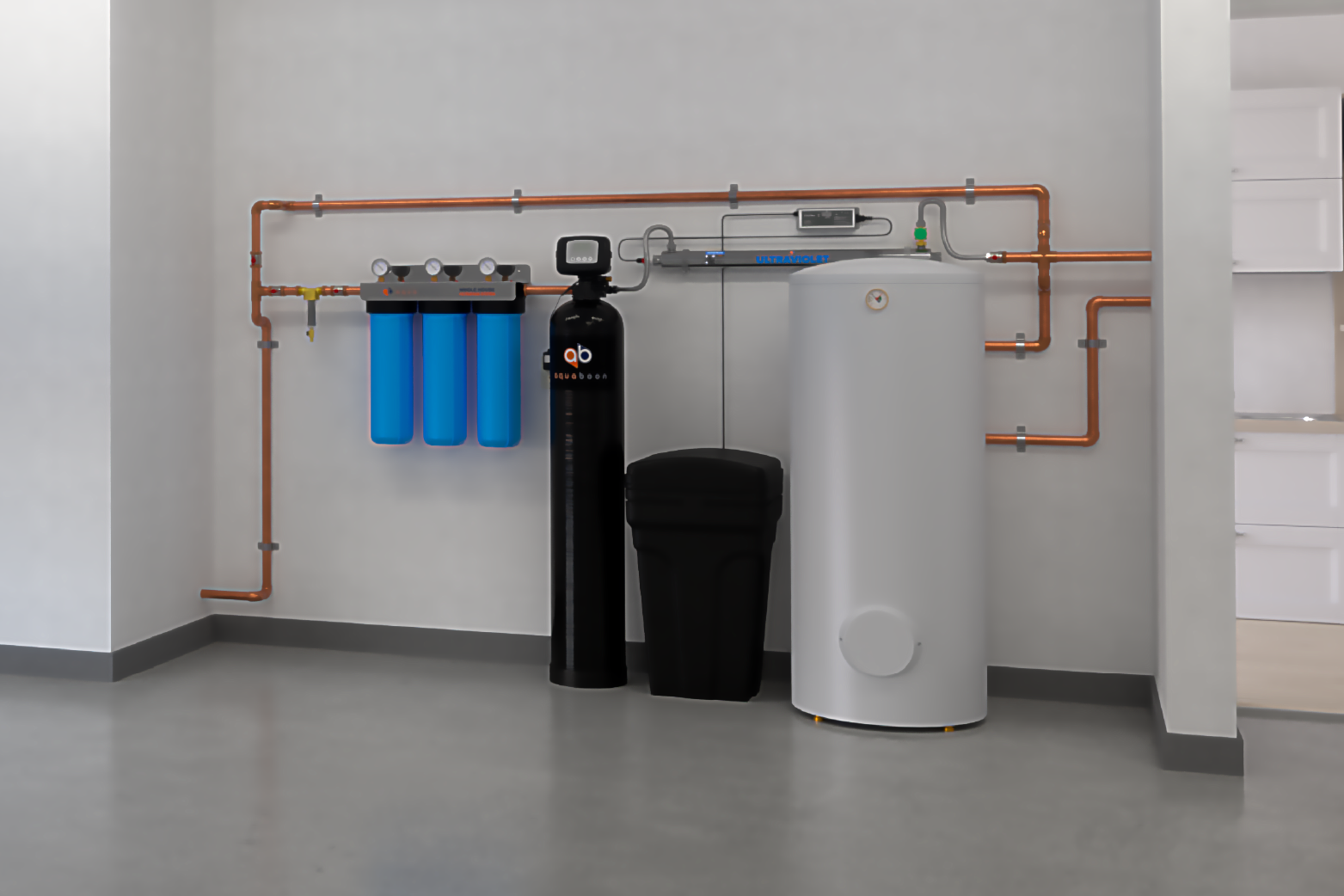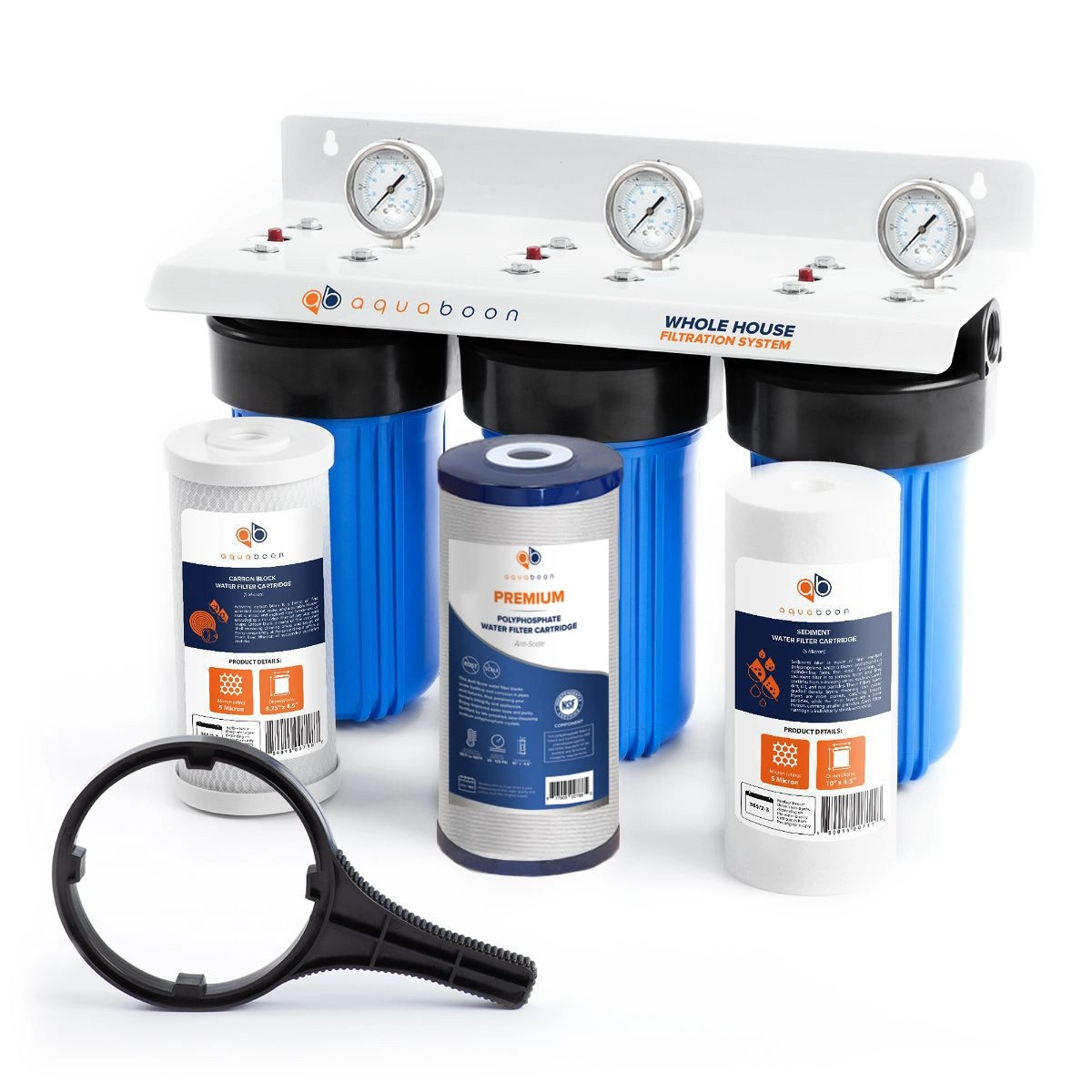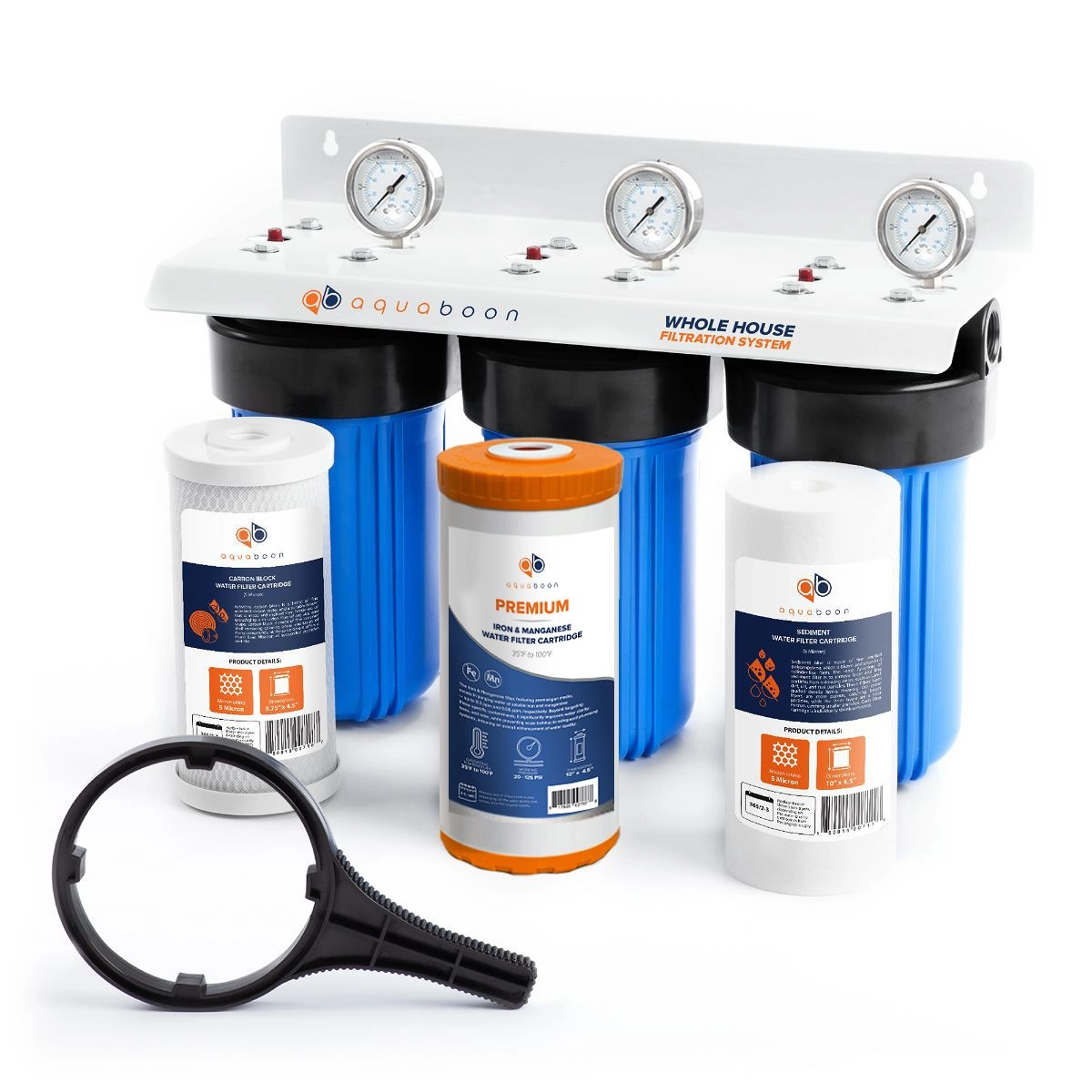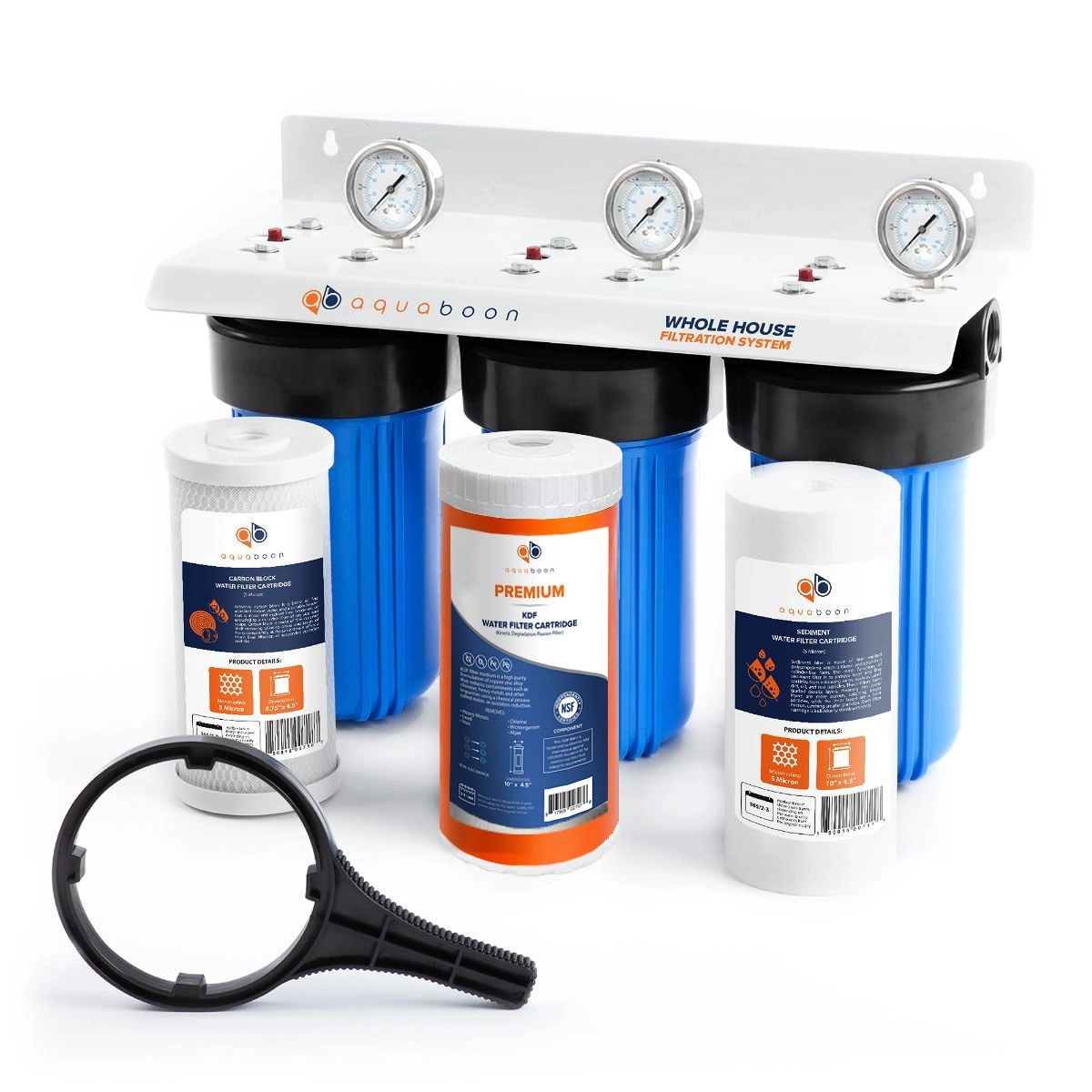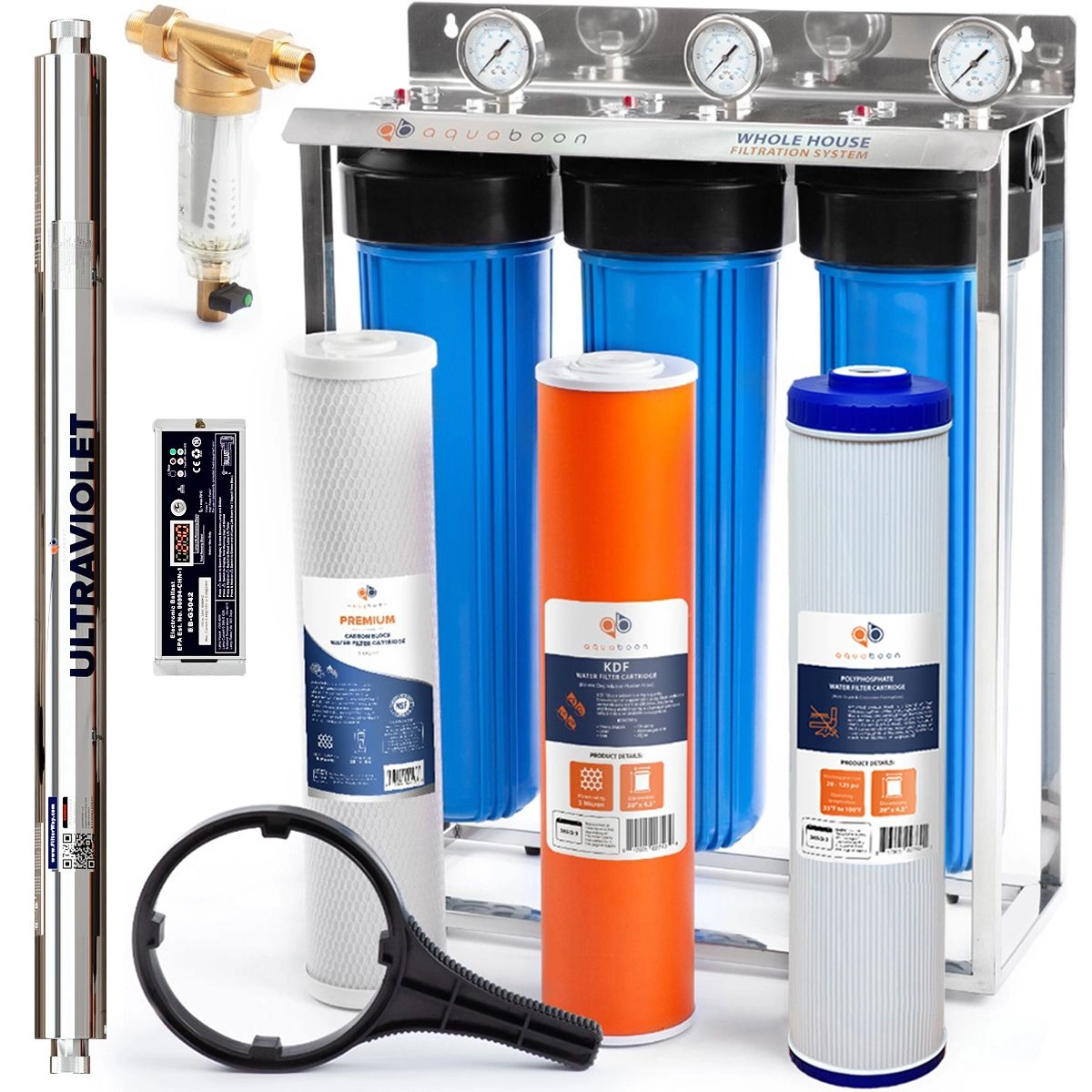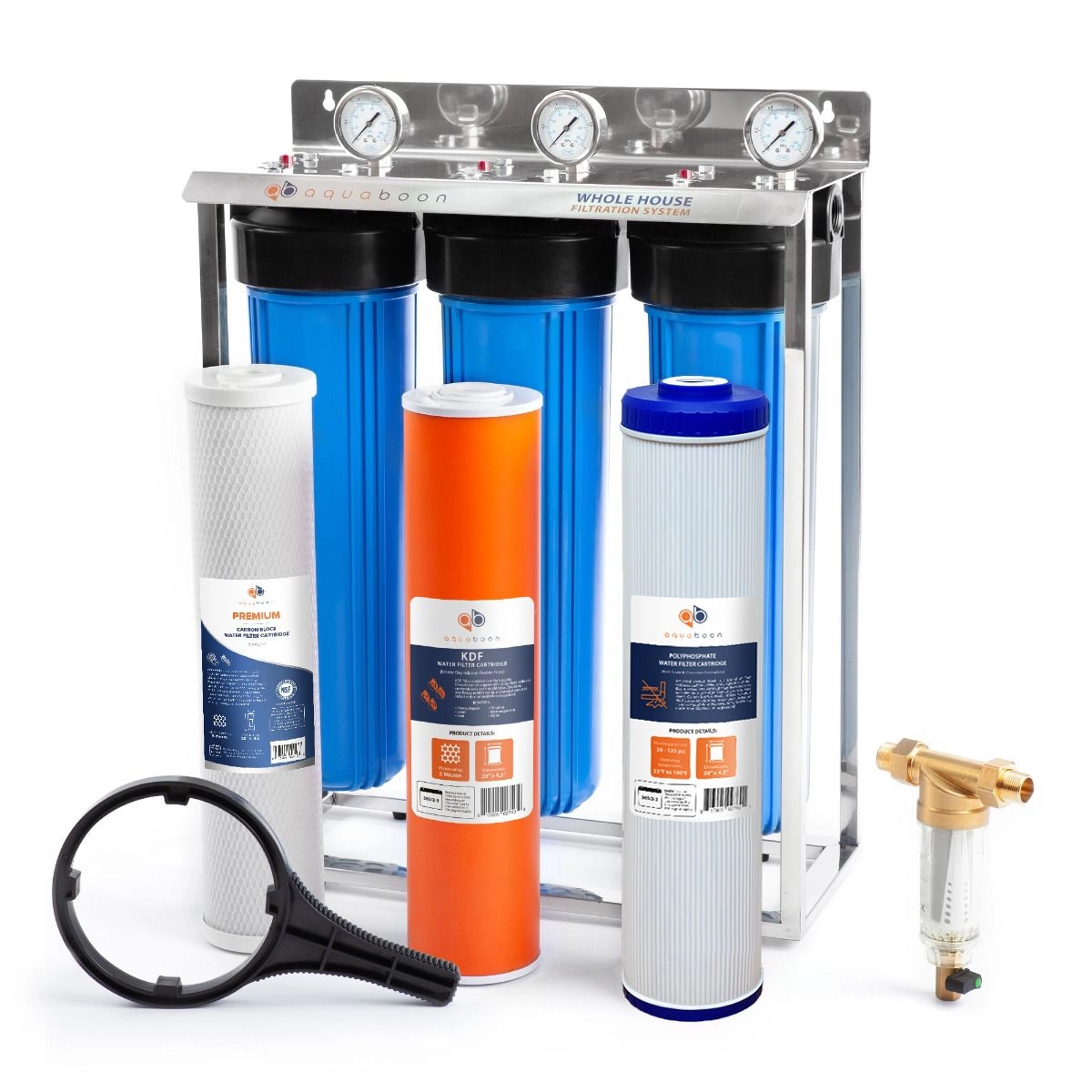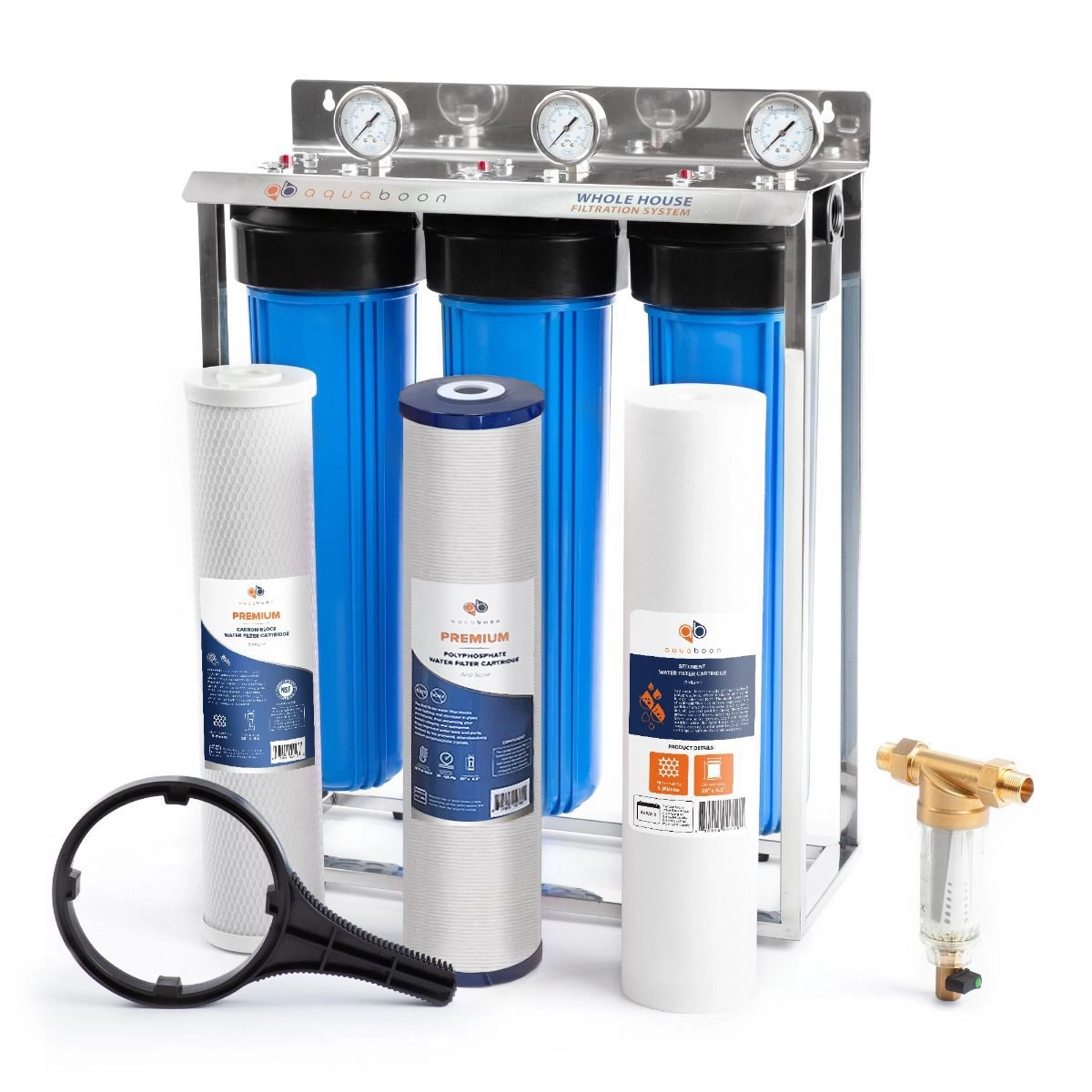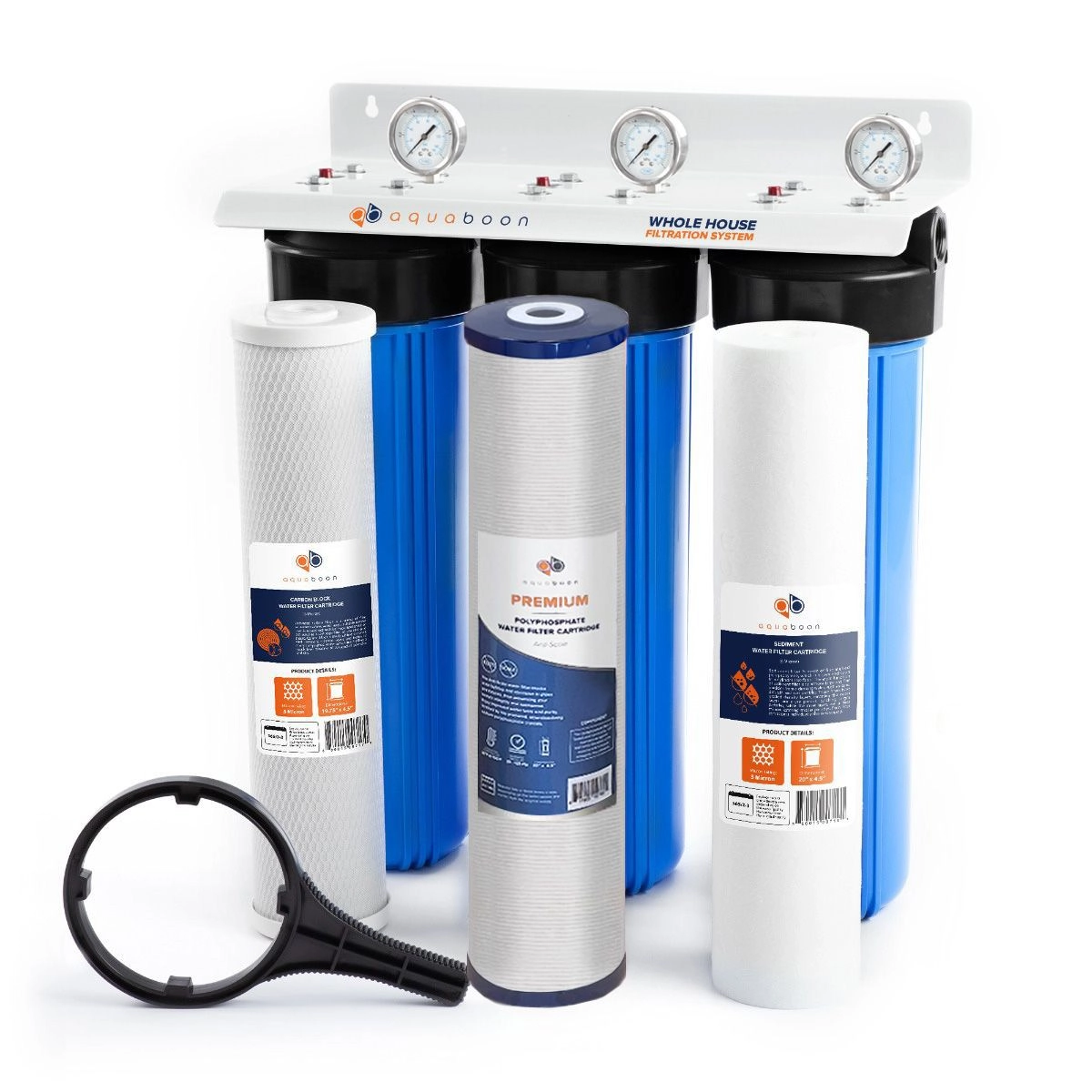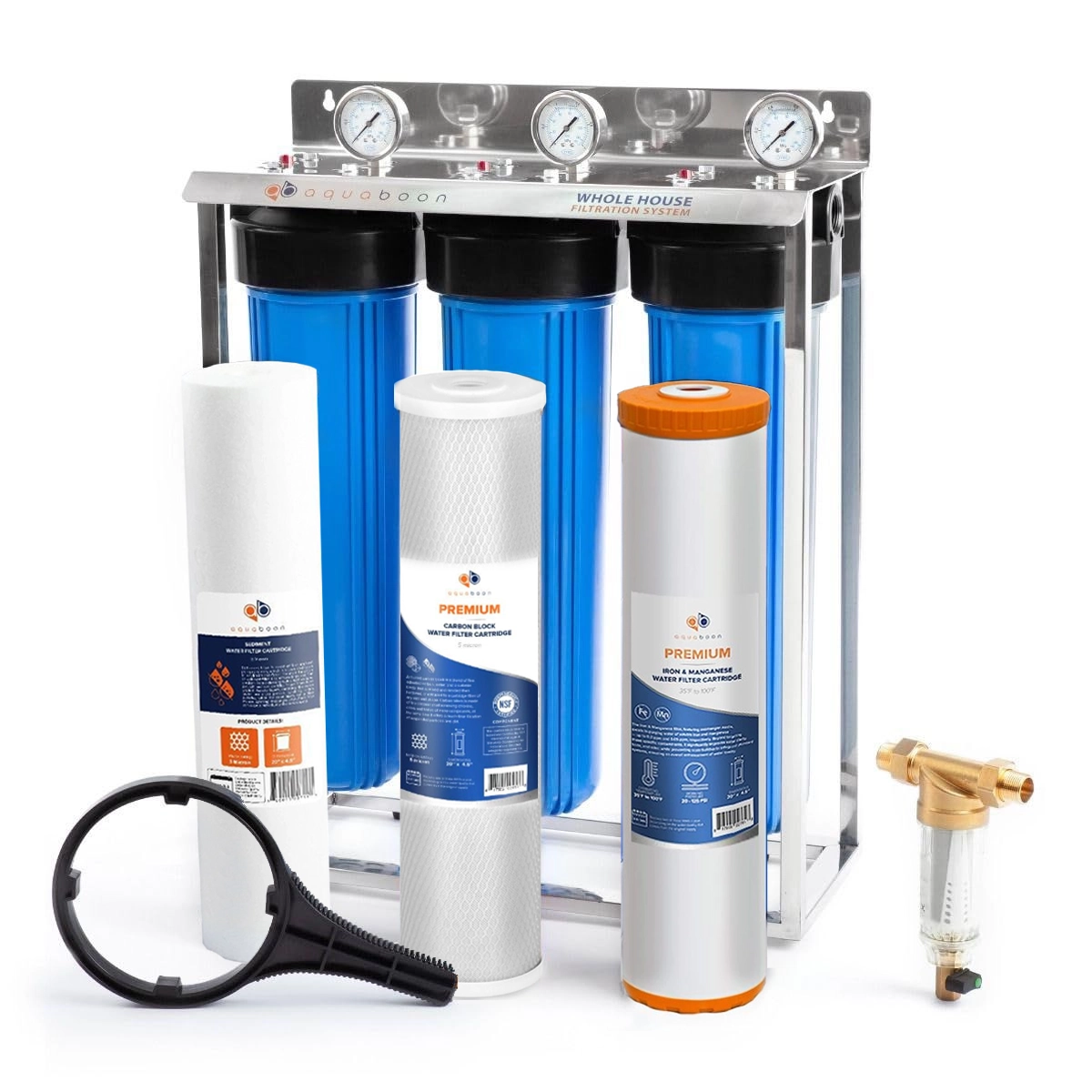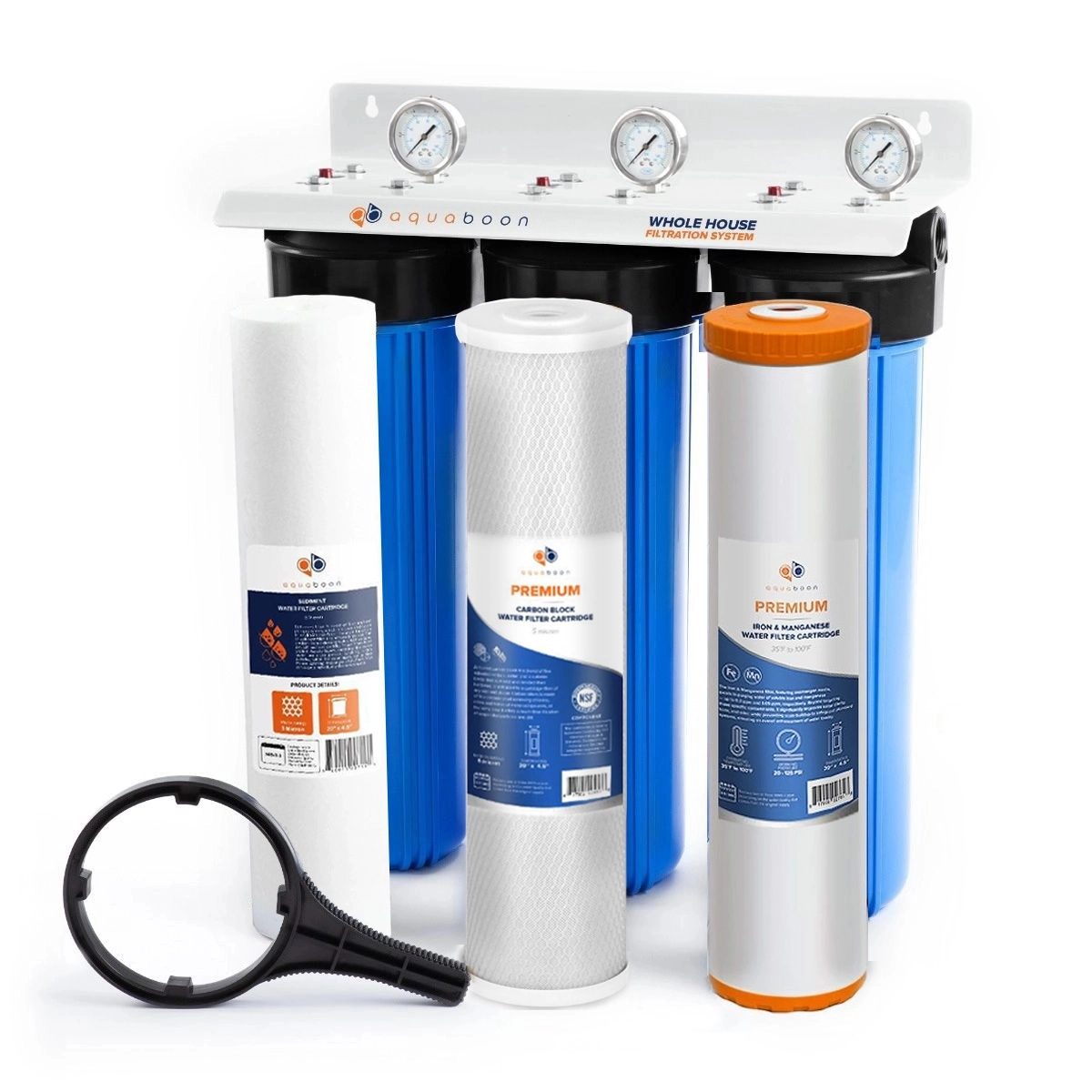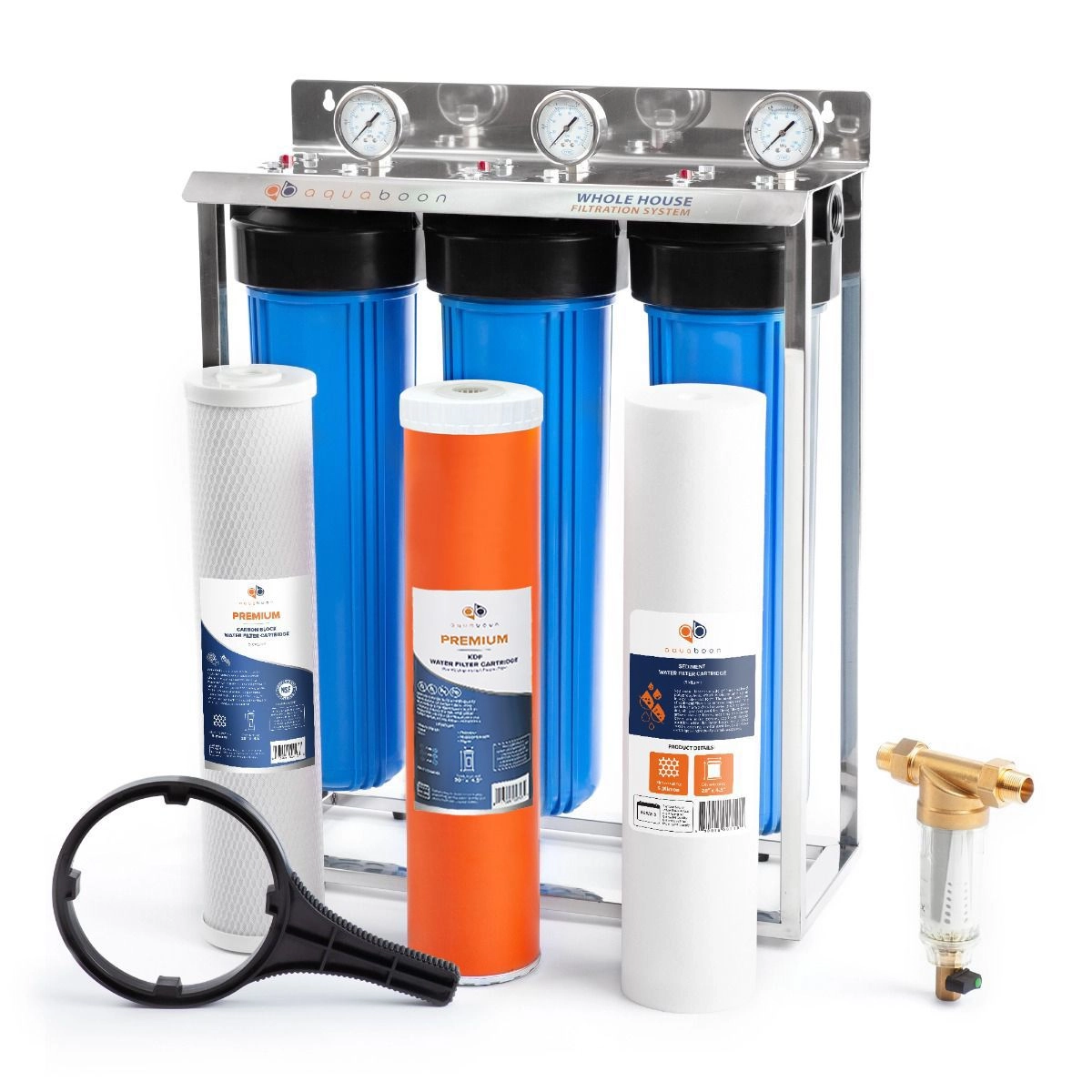A whole house water filter system ensures that all the water in your home—from what you drink and cook with to what you use for washing—stays clean and free from contaminants. However, like any system, it has a finite lifespan. How long can you expect yours to last? In this guide, we’ll explore the factors that affect the lifespan of a water filtration system, ways to extend it, and when you should think about replacing it.
Key Factors That Impact the Lifespan of Your Whole House Water Filter System
Several factors contribute to how long your water filter system will last. Understanding these can help you stay on top of maintenance and replacement needs, ensuring your system continues running effectively for as long as possible.
Filter Type and System Capacity
The type of filters you use in your water filtration system is one of the most significant factors in determining how long it will last. For example, sediment filters, which catch larger particles like dirt and rust, generally need to be replaced every few months. On the other hand, carbon filters can last for up to a year. More sophisticated systems, such as those that use reverse osmosis, often have a longer lifespan but might require more frequent maintenance. The capacity of your system—whether it can process a large volume of water or not—also plays a role in determining how long it will continue to operate efficiently.
Water Quality in Your Area
The quality of your water supply has a considerable influence on the longevity of your filtration system. If your water contains high levels of contaminants like chlorine, sediment, or metals, the filters will need to be replaced more frequently. Hard water, which contains a lot of minerals, can lead to quicker clogging of the filters, decreasing their lifespan.
Household Water Usage
The amount of water your household consumes on a daily basis also affects how often you’ll need to replace filters. Households with larger water demands will place more stress on the system, leading to more frequent filter replacements. Conversely, homes with lower water consumption will generally be able to go longer between filter changes.
Regular System Maintenance
Consistent maintenance is crucial for ensuring the long life of your water filter system. Routine tasks like changing filters on schedule, flushing the system, and inspecting for leaks will prevent issues such as clogging and inefficiency. Neglecting maintenance can cause the system to fail prematurely.


